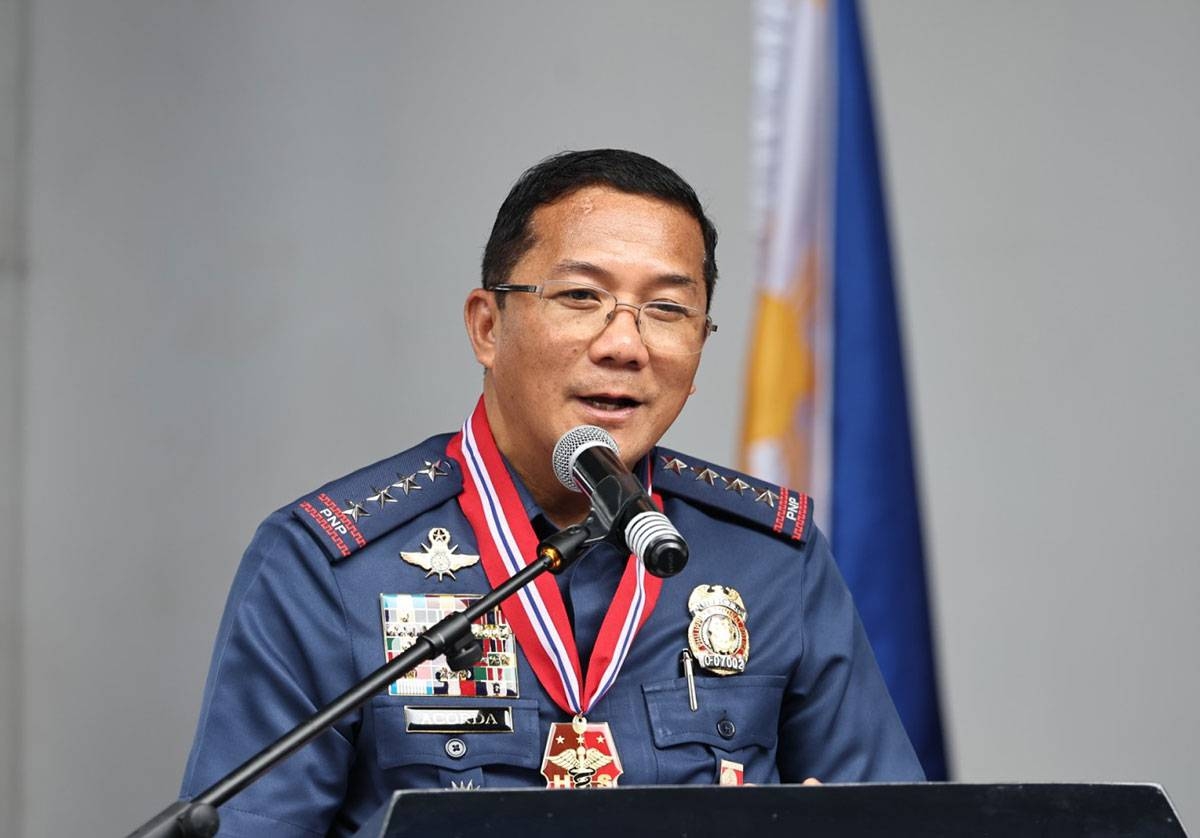As the investigation into the killing of seven drug suspects by eight police officers in Davao City continues, the Philippine National Police (PNP) Chief Gen. Benjamin Acorda Jr. has ordered the relief of the involved officers. The Regional Internal Affairs Service (RIAS) has taken charge of the probe and the officers are currently being held at the Davao City Police Office (DCPO)’s holding center.
Despite this incident, the PNP remains committed to its anti-drug campaign, which has been intensified following Mayor Sebastian Duterte’s call for a war on illegal drugs. In the past 48 hours, seven drug suspects were shot dead, with the police claiming that they had resisted arrest and were armed with .38 revolvers. Mayor Duterte had previously issued a warning to drug dealers and users, urging them to leave town or face severe consequences.
Captain Hazel Tuazon, the spokesperson for the DCPO, expressed the difficulty faced by the police in dealing with drug suspects who choose to fight back. She emphasized that the police are not pleased with suspects getting killed during operations. Tuazon also mentioned that the families of the deceased drug suspects have the right to file a complaint if they suspect foul play, but as of now, no complaints have been received by the DCPO.
Major Catherine de la Rey, the spokesperson for Police Regional Office (PRO) 11, stressed the importance of following police operational procedures and staying within the bounds of the law during operations. She also stated that the PRO had not yet received any queries from the Commission on Human Rights (CHR) regarding the reported drug-related killings.
Since the declaration of the war on drugs, the DCPO has launched 34 anti-illegal drug operations and made 34 arrests. The data from the DCPO reveals that from March 22 to March 28, they seized approximately 281.5559 grams of shabu worth over P1.9 million and 125.4824 grams of marijuana. Based on these seizures, the police have filed 27 cases in court.
Hazel Mandanao, the Chief of the Plans and Operation Division of the Regional Office of the Philippine Drug Enforcement Agency (PDEA), expressed support for the mayor’s war on drugs but stressed the importance of carrying it out lawfully. It is crucial to strike a balance between combating the drug problem and respecting the rights of individuals involved in drug-related activities. The PDEA is working closely with the PNP to ensure that the anti-drug operations are conducted within the bounds of the law and in accordance with human rights standards.
International Context and Commentary
While the situation in Davao City regarding the killing of drug suspects may seem alarming, it is important to understand the local context and the challenges faced by law enforcement agencies in combating the drug problem. The Philippines has been grappling with a significant drug issue for many years, and the government, under the leadership of Mayor Duterte, has taken a strong stance against illegal drugs.
However, it is essential to ensure that the enforcement of drug laws is carried out in a manner that respects human rights and adheres to the rule of law. The investigation into the actions of the eight police officers involved in the killing of drug suspects demonstrates the commitment of the authorities to hold accountable those who may have violated protocols or acted unlawfully.
The involvement of the Regional Internal Affairs Service and the Commission on Human Rights in the investigation process further emphasizes the importance of transparency and accountability in law enforcement operations. These institutions play a crucial role in safeguarding the rights of individuals and ensuring that investigations are conducted thoroughly and impartially.
It is worth noting that the Philippines has been subject to international scrutiny regarding its war on drugs. Concerns have been raised about extrajudicial killings and human rights violations. The government has a responsibility to address these concerns and provide reassurance that the rule of law is upheld.
In response to international criticism, the Philippine government has taken steps to address the issue. It has established a task force to investigate allegations of extrajudicial killings and human rights abuses. The task force is composed of representatives from various government agencies, including the Department of Justice and the Philippine National Police. This demonstrates the government’s commitment to addressing the concerns raised by the international community.
The support expressed by the Chief of the Plans and Operation Division of the Regional Office of the Philippine Drug Enforcement Agency for the mayor’s war on drugs, while emphasizing the need for lawful implementation, highlights the complexity of the issue. Balancing the need to combat the drug problem with respect for human rights and due process requires a comprehensive and multifaceted approach.
In conclusion, the investigation into the killing of drug suspects by eight police officers in Davao City reflects the commitment of the Philippine authorities to ensure accountability and uphold the rule of law. While the situation may be concerning, it is crucial to understand the local context and the challenges faced in combating the drug problem. Transparency, accountability, and respect for human rights should be at the forefront of any anti-drug campaign to ensure a just and lawful society.
Additionally, international cooperation and support can also play a significant role in addressing the drug issue in the Philippines. Sharing best practices, providing training and resources, and promoting dialogue between countries can contribute to a more effective and rights-respecting approach to drug enforcement. The international community should continue to engage with the Philippines, offering assistance and guidance, while also holding the government accountable for its actions.
Ultimately, the fight against drugs requires a comprehensive strategy that includes not only law enforcement efforts but also prevention, treatment, and rehabilitation programs. By addressing the root causes of drug addiction and providing support to individuals struggling with substance abuse, societies can create a more sustainable and compassionate approach to tackling the drug problem.
Source: The Manila Times








